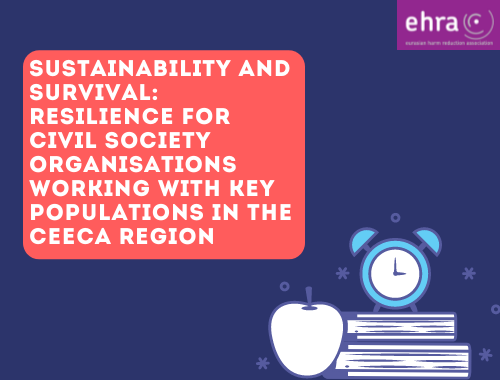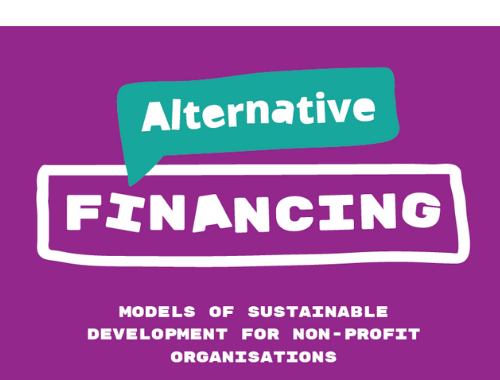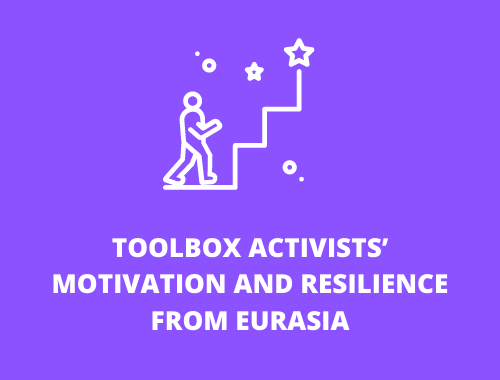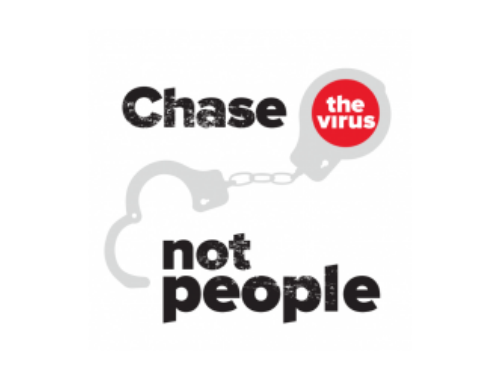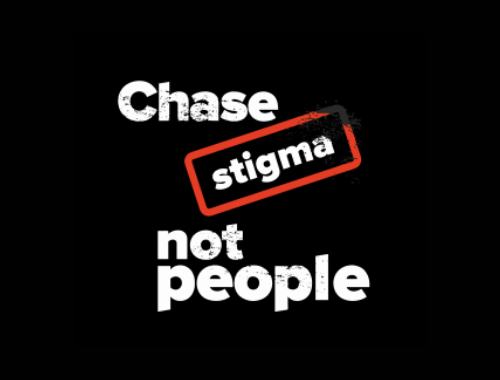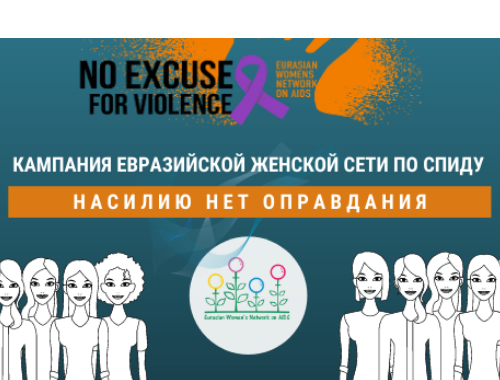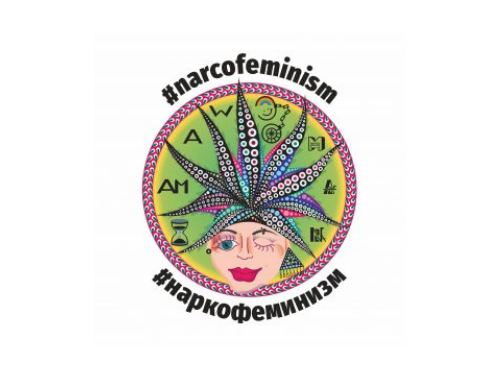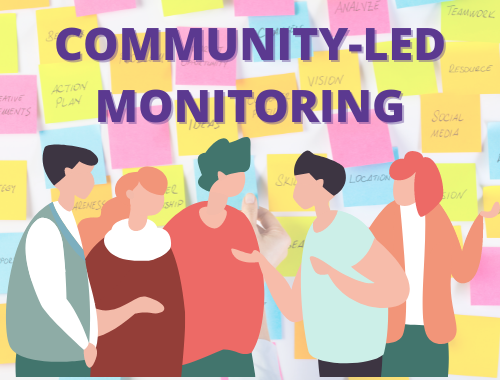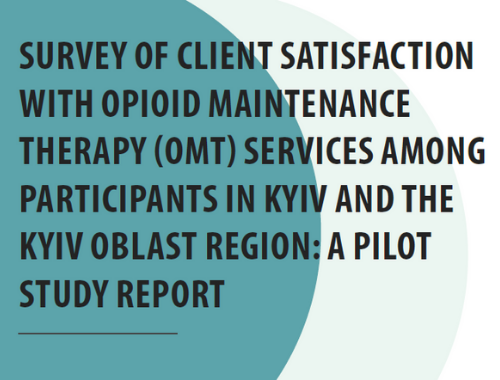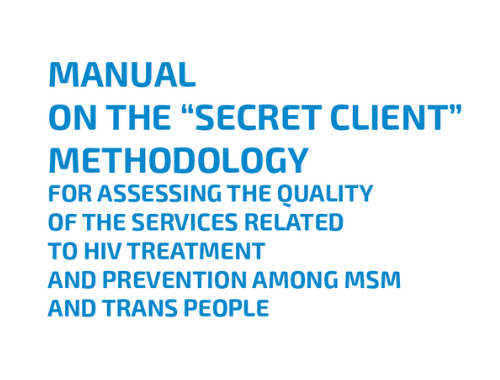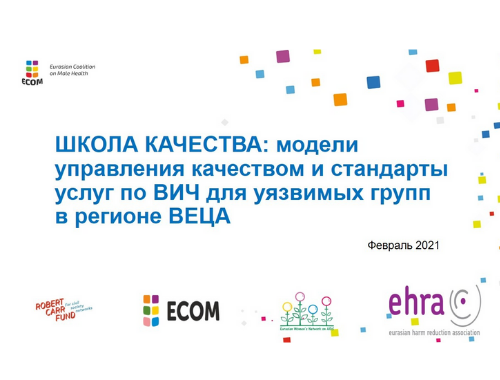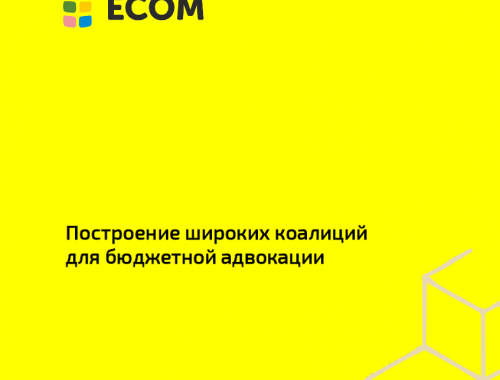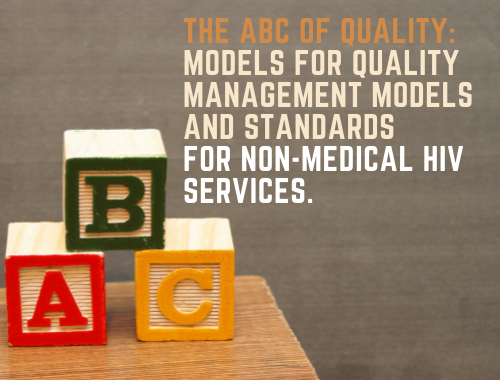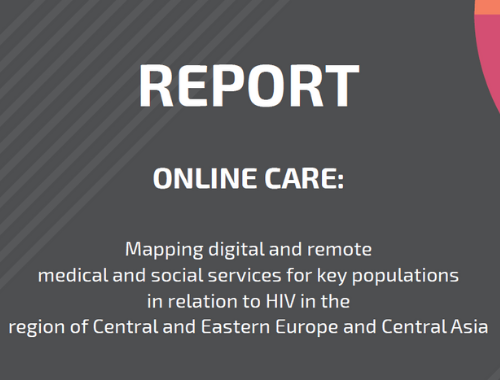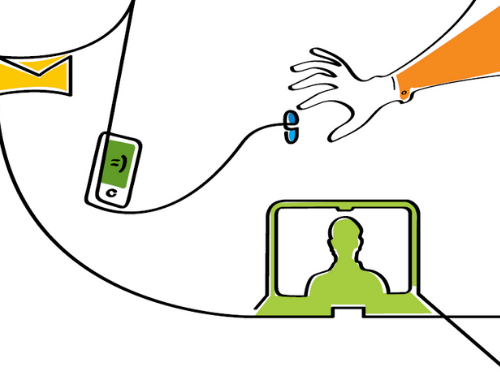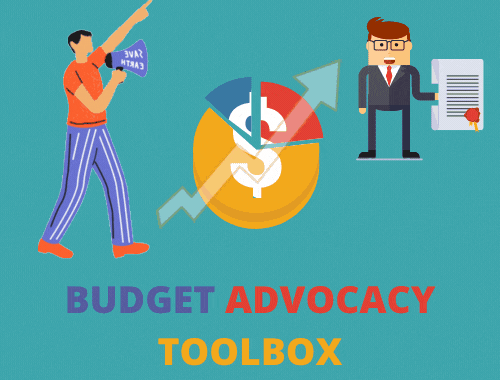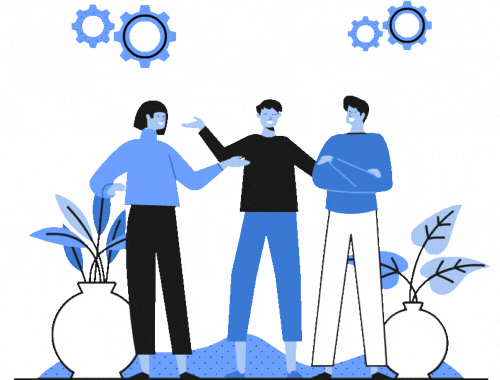Countries covered by the project: Eastern Europe and Central Asia
Project timeline: January 2019 – December 2021
Background
The Eurasian Regional Consortium (ERC) was formed by 3 community-led regional networks in 2015 in response to the distinct need for stronger collaboration among community networks in EECA to address a shared threat to sustainability of HIV programs for people who use drugs, men who have sex with men, transgender people, and people living with HIV. ERC composition remains dynamic and reflects fast-changing contextual needs and advocacy priorities of the networks. Each partner brings unique expertise and knowledge to the program, working collectively, achieving common goals through joint activities, sharing and learning.
The scope of work and activities have been designed to maximize capacity of consortium’s member organizations and impact of their advocacy to improve funding environment for sufficient allocation of resources for HIV programs in countries of EECA.
On this page, you can learn about the major outcomes and products of the consortium’s work to date. These outcomes include the development of resources on capacity building and advocacy on improving the human rights of key populations, on access to HIV services, on budget accountability, and on improving sustainability of the community-led networks themselves.
Overall budget: USD 1 816 678
Project donor: Robert Carr Fund for civil society networks (RCF)
Consortium Partners
Eurasian Harm Reduction Association is a non-for-profit public membership-based organization uniting 316 harm reduction activists and organisations from Central and Eastern Europe and Central Asia (CEECA) with its mission to actively unite and support communities and civil societies to ensure the rights and freedoms, health, and well-being of people who use psychoactive substances in the Central, Eastern Europe and Central Asia region. The Association is registered in Lithuania in 2017 continuing regional harm reduction activists’ network tradition since 1997. EHRA has been the lead partner for the Eurasian Regional Consortium since 2017, successfully coordinating the work of the Consortium and focusing its work on addressing the needs of people who use drugs.
ECOM – Eurasian Coalition for Health, Rights, Gender and Sexual Diversity is a non-governmental membership-based association of non-profit organizations and individual experts and activists involved in the response to the HIV epidemic among gay men, other men who have sex with men, and transgender people in Eastern Europe and Central Asia. ECOM’s mission is to bring together all stakeholders in Eastern Europe and Central Asia at an intercountry level to create enabling environment in which all gay, bisexual and other men who have sex with men and all trans* people have access to evidence-based and human rights-oriented health services. ECOM has been focusing its work on addressing the needs of men who have sex with men and transgender people, including youth.
The Eurasian Women’s Network on AIDS unites women leaders from 12 countries in the Eastern Europe and Central Asia and dedicated to protecting the rights of women living with HIV and vulnerable to HIV, developing and strengthening their capacity, and making women’s stories and voices visible and meaningful, including in decision-making processes at different levels. The participation of EWNA as the Partner of the Consortium ensures an appropriate focus on women living with and affected by HIV and women who use drugs – addressing their needs.
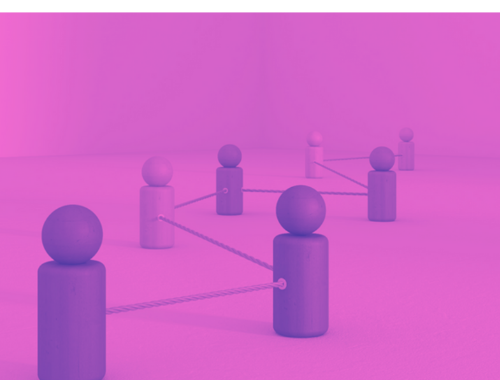
Activities to enhance motivation and resilience of activists during COVID-19 crisis
The activities were designed to strengthen personal resilience of community workers, who are experiencing the added stress caused be the COVID-19 crisis and have been left without adequate opportunity to use professional or self-help support and supervision
Online course: “Sustainability and Survival: Resilience for civil society organisations”
The course aims to acquire skills and confidence for organisational resilience and a more diversified and sustainable funding model. By the end of this course, CSOs or CBOs working with key populations will be better equipped the challenges of the current and future evolving funding environment.
Case studies on “Alternative Financing”
The publication provides a systematic description of various alternative financing mechanisms which CSOs and CBOs can use in their search for available financial resources, specifically the forms that such mechanisms could take; how the work should be built from the very beginning; what the motives of participating partners in such initiatives could be; and identification of the secrets of success and the possible risks, amongst other issues.
Toolbox: activists’ motivation and resilience
The collection of tools has been developed by the regional community and civil society networks – EHRA, ECOM, EWNA and Teenergizer, to help activists from Eastern Europe and Central Asia enhance motivation and build up organizational resilience and supportive organizational systems.
Advocacy campaign “Chase The Virus Not People!”
supported by 9 community-led and civil society regional network and coordinated by EHRA, sought to increase the priority of actions to overcome the discrimination and stigmatization of key communities – as a key condition for an effective response to the HIV epidemic in EECA countries.
Media campaign “Chase the Stigma, Not People!”
conducted by ECOM sought to reduce barriers accessing care and quality services by addressing discriminatory environments, stigma within the LGBT community and self-stigma of gay men, other MSM and transgender people in the CEECA region.
Campaigns coordinated by EWNA include:
Awareness campaign “HIV is not a crime”
to draw attention to the situation with criminalization of HIV transmission in the Eastern Europe and Central Asia region.
The women-led “No Excuse for Violence!” campaign
to engage women living with HIV and women from key groups, as well as the general population, on issues related to violence against women.
Mobilization campaign of Narcofemen from EECA
EHRA has provided technical and other support to organize an informational campaign, and mobilization of initiative group of women willing to speak publicly about the impact of repressive drug policy on their lives.
Practical workshop on Community-led Monitoring
The workshop equipped communities from people who use drugs, women affected by HIV, men who have sex with men, transgender people and sex workers with community-led monitoring practical tools and methodologies to examine quality and accessibility of HIV services.
Community-led Monitoring methodology
developed by EHRA is a tool to assess client satisfaction with opioid agonist therapy services. The approach is based on the principles of equal partnership between professional researchers and community of people who use drugs.
“Secret Client”
is a community-led monitoring methodology developed by ECOM to assess quality of HIV prevention and care services for men who have sex with men and transgender people.
Regional online training: “Quality standards of comprehensive HIV services”
to build the capacity of organizations to develop internal quality management system for HIV services for key populations, based on national needs and international recommendations (WHO recommendations on sexual and reproductive health for women, MSMIT, TRANSIT and IDUIT). (training materials are available in Russian only)
Building Broader Coalitions for Budget Advocacy
A toolkit for communities (document is available in Russian language only).
The ABC of Quality: Models for Management of Quality and Standards For Non-Medical HIV Services.
A toolkit for providers of HIV prevention, care and support services.
Moving Together Towards Quality Harm Reduction:
Expert Meeting on Quality of Harm Reduction was initiated to identify what EHRA, as a professional harm reduction association in the region should do about the deteriorating quality of harm reduction services in CEECA.
ONLINE CARE: Mapping digital and remote medical and social services for key populations in relation to HIV in the region of Central and Eastern Europe and Central Asia.
The report describes existing practices of providing services to key populations in different countries of the CEECA region using online technologies, as well as the needs of NGOs and beneficiaries for the effective implementation of such services.
Best practices in the provision of digital and remote medical and social HIV services for key populations in the region of Central and Eastern Europe and Central Asia.
The report describes best practices based on the mapping of digital (online) and remote medical and social services for representatives of key populations in the CEECA region.
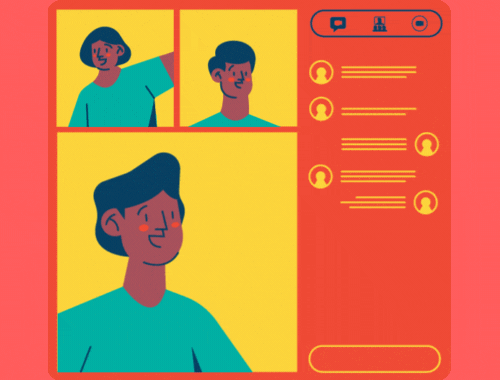
Interactive Online Training Course on Digital Services for Key Populations
is planned to be delivered in November December 2021.The main aim of the course is to increase the scope and improve the quality of digital services used by providers of services for the key populations. Participants will be able to correctly describe the recipients of the services and match the tools with the recipients of the digital services. The course will focus on the practical skills required.

Stakeholder meeting “How to make effective and efficient online and remote HIV prevention, treatment and care services for key populations”
On 7 September 2021, the Eurasian Regional Consortium held an online discussion. More than 30 practitioners and experts from NGOs that provide HIV-related health and social services to key populations in Belarus, Estonia, Georgia, Kazakhstan, Kyrgyzstan, Lithuania, Moldova, Russia, Tajikistan and Ukraine together with representatives of technical agencies and specialists from state and municipal health services examined current challenges and priorities for promoting sustainable and quality digital and remote HIV services for key populations in CEECA.

Case studies: analysis of national budgets for health and social services for key populations in Armenia, Bulgaria, Romania, Ukraine and Kyrgyzstan.
One of the important areas of budget advocacy is the state budget monitoring with regard to its transparency and accountability. This section provides lessons learned from the practice of analyzing the national/local budget of health and social services for key populations from Armenia, Bulgaria, Kyrgyzstan, Romania and Ukraine
Online Toolbox on Budget Advocacy
has been created to help key communities and civil society activists better understand the budget advocacy specifics and start to be engaged in it at municipal or country level.
The toolbox contains theoretical foundations, practical tools and cases of successful practices in budget advocacy.
Regional Dialogue: Ensuring sustainability of services for key populations in the EECA region: Taking stock of budget advocacy efforts to date
The first meeting took place 9–11 December 2020 and the next one is scheduled for 22-23 September, 2021. Two main goals of the regional analysis and dialogue are to examine the impact of budget advocacy efforts and implementation experience in the region over the past three years; and to identify, for current and potential donors, perspectives, directions and investment priorities in budget advocacy for funding of social and medical services for key populations affected by HIV in EECA-

Regional and national reports
on assessment of the changes in the harm reduction packages and unit costs during transition from international to government funding in Georgia, Kyrgyzstan, North Macedonia and Ukraine. These documents provide an analyze on the impact of occurred changes in unit costs and package of HR services on services provision, quality of provided services and client satisfaction with them.
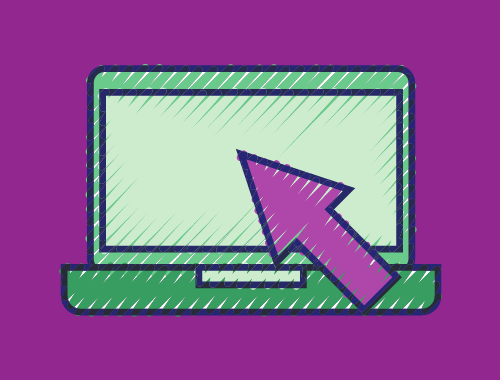
Report: „Taking stock of budget advocacy efforts in Eastern Europe, South-Eastern Europe and Central Asiа“
This assessment describes key budget advocacy initiatives and HIV donor support in resent years. The report zooms in the four result areas of advocacy, looking at effort, support, impact, enablers, and lessons for each of them. Those four areas are: civil society capacity to advocate; influencing HIV funding levels from national and local public sources; increasing efficiencies in spending; and contracting and funding for NGOs to deliver services.

